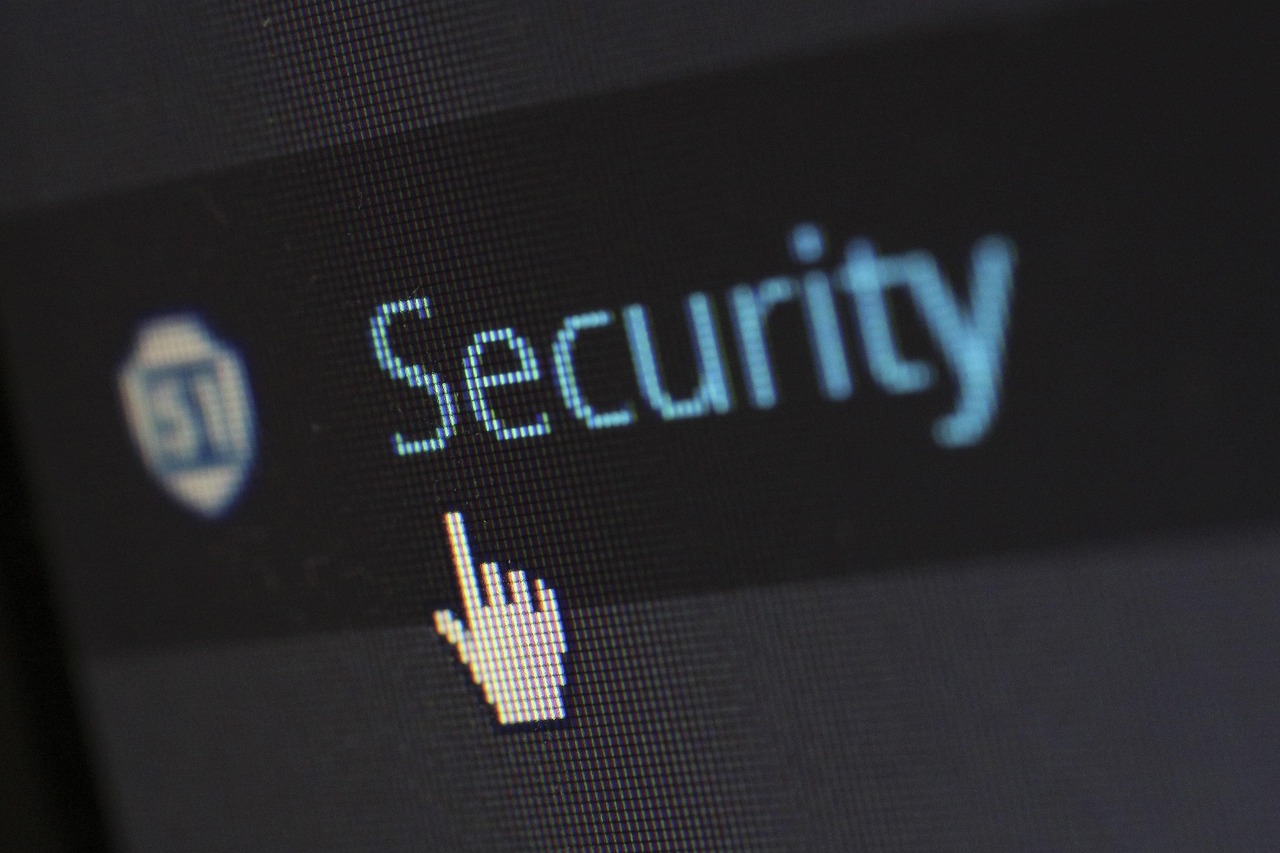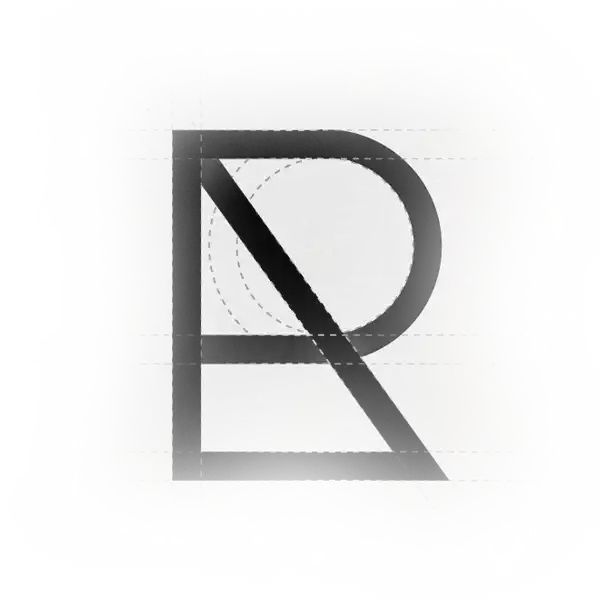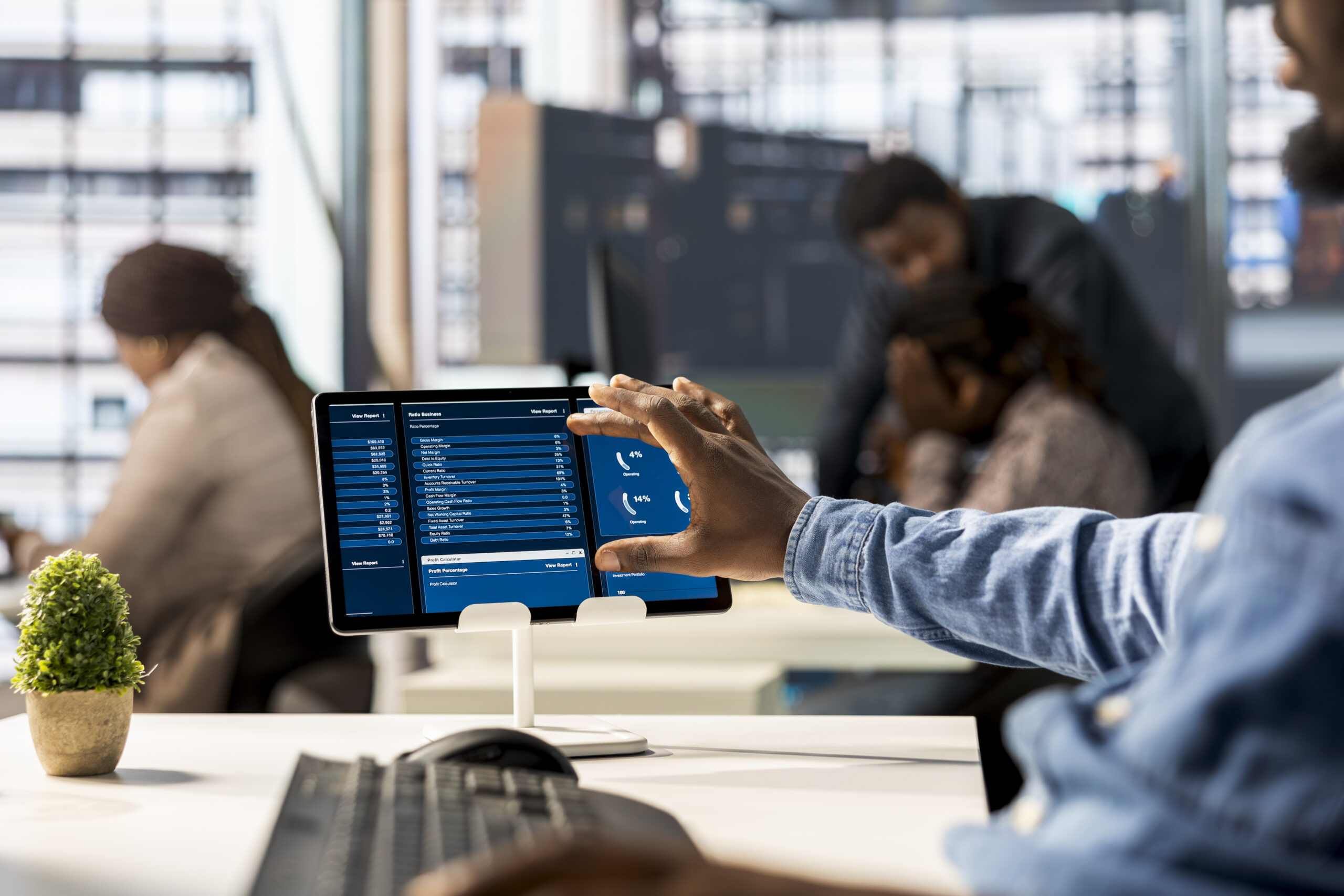WordPress now powers more than 40 % websites worldwide. This success naturally attracts attention, including from hackers. Attacks on WordPress sites are increasingly frequent, often automated and sometimes devastating. If you manage a professional site, a blog or an online shop, the WordPress security is not an option but a priority.
Protecting your site effectively requires a combination of good practice, reliable tools and constant vigilance. Here's everything you need to know to ensure the long-term security of your online presence.

Understanding the threats to WordPress
Hackers do not only target large companies. Smaller sites, which are often less protected, are the most exposed. The most common attacks involve injecting malicious code, hijacking traffic, installing hidden advertising or stealing users' personal data.
Some vulnerabilities come from the core of WordPress itself, others from the plugins and themes poorly secured. The good news is that most of these risks can be avoided with a well-applied prevention strategy. Knowing your site's weak points is the first step towards improving its security. WordPress security.
Update your site regularly
This is the simplest and most neglected rule. Every WordPress, plugin or theme update contains security patches. Postponing these updates means leaving the door open to known attacks.
You can enable automatic updates for critical items while manually checking sensitive extensions. Before any major update, make a full backup. This will allow you to restore the site in the event of a problem, while keeping an overview of the site. WordPress security optimal.
Reinforce access identifiers
Brute-force attacks - in which thousands of password combinations are tested - are among the most common. To counter them, choose a long, complex and unique password. Avoid simple terms or personal dates.
Also change the default user name to "admin". Bots target this account first. Finally, activate dual authentication: this adds an essential layer of protection to the WordPress security. Even if your credentials are compromised, a hacker will not be able to connect without the temporary code generated on your device.
Install a firewall and a security plugin
A web application firewall acts as a barrier between your site and external traffic. It automatically blocks intrusion attempts, malicious scripts and suspicious requests. Tools such as Wordfence or Sucuri are among the most widely used solutions.
A good security plugin also analyses system files, detects suspicious modifications and sends alerts in the event of anomalies. Remember to schedule regular scans: this will enable you to spot any unusual behaviour quickly. These tools form a solid basis for WordPress security proactive.
Securing sensitive files and directories
By default, certain WordPress files can reveal technical information to hackers. Restrict access to these files via your .htaccess or your hosting control panel.
Prevent browsing in directories, block the execution of scripts in the /uploads, and deactivate direct editing of files from the dashboard WordPress. These simple measures considerably complicate the task of attackers and strengthen the WordPress security at the root.
Choosing a reliable web host
Site security starts with server security. A quality web host applies strict policies: 24-hour surveillance, automatic server updates, SSL certificates and daily back-ups.
Avoid cheap offers that sacrifice security for price. Opt for hosting that is specifically optimised for WordPress, with protection against attacks. DDoS and an integrated network firewall. This choice has a direct impact on the WordPress security and the long-term stability of your site.
Protecting the database
Your database contains all the essential information about your site: content, users, encrypted passwords and configurations. Change the default prefix wp_ during installation reduces the risk of automatic attack.
Also remember to restrict the permissions of the account used for the database. It does not need access to all the server's functions. Finally, make regular automatic back-ups, stored outside your hosting. In the event of an incident, you'll be able to restore your site quickly without losing any data, which is an essential asset for your business. WordPress security efficient.
Backup first
No measure is infallible. Backups are your insurance against hacking, bugs or human error. Set up an automatic daily or weekly backup depending on how often your site is updated.
Store these files on a remote server or in a secure cloud service. Plugins such as UpdraftPlus or BlogVault make it easy to schedule and restore backups. Without a backup, it is virtually impossible to recover a compromised site. This is a cornerstone of any WordPress security serious.
Monitor activities and connections
A security dashboard helps you track suspicious connections and recent changes. By monitoring user activity, you can quickly detect an intrusion or unauthorised action.
Activity logs are invaluable, especially for collaborative sites. They allow you to know who modified what, when and how. This transparency strengthens your ability to react before a vulnerability is exploited, and is fully in line with an approach of WordPress security sustainable.
Training your team and raising awareness
If several people have access to the site, security becomes a shared responsibility. Each member of staff must understand the risks associated with weak passwords, dubious file uploads or unverified extensions.
Organise regular reminders of good practice. Prohibiting the installation of non-validated extensions and limiting administrative roles are two essential reflexes. A well-trained team is the best protection against human error, which remains the main cause of flaws in the WordPress security.
Conclusion: ongoing vigilance
Protecting a site is never a one-off operation. Visit WordPress security is based on constant monitoring, rigorous maintenance and a proactive attitude. By combining regular updates, technical protection and good practice, you can significantly reduce the risk of attack.
Cyber security isn't just for experts. With method and discipline, you can build a stable, reliable environment where your site remains accessible and your data intact. By investing time in prevention today, you can avoid far greater losses tomorrow.
Your website is your shop window, and sometimes your main working tool. Look after it like a precious asset, because in an increasingly vulnerable digital ecosystem, security is your best asset.














